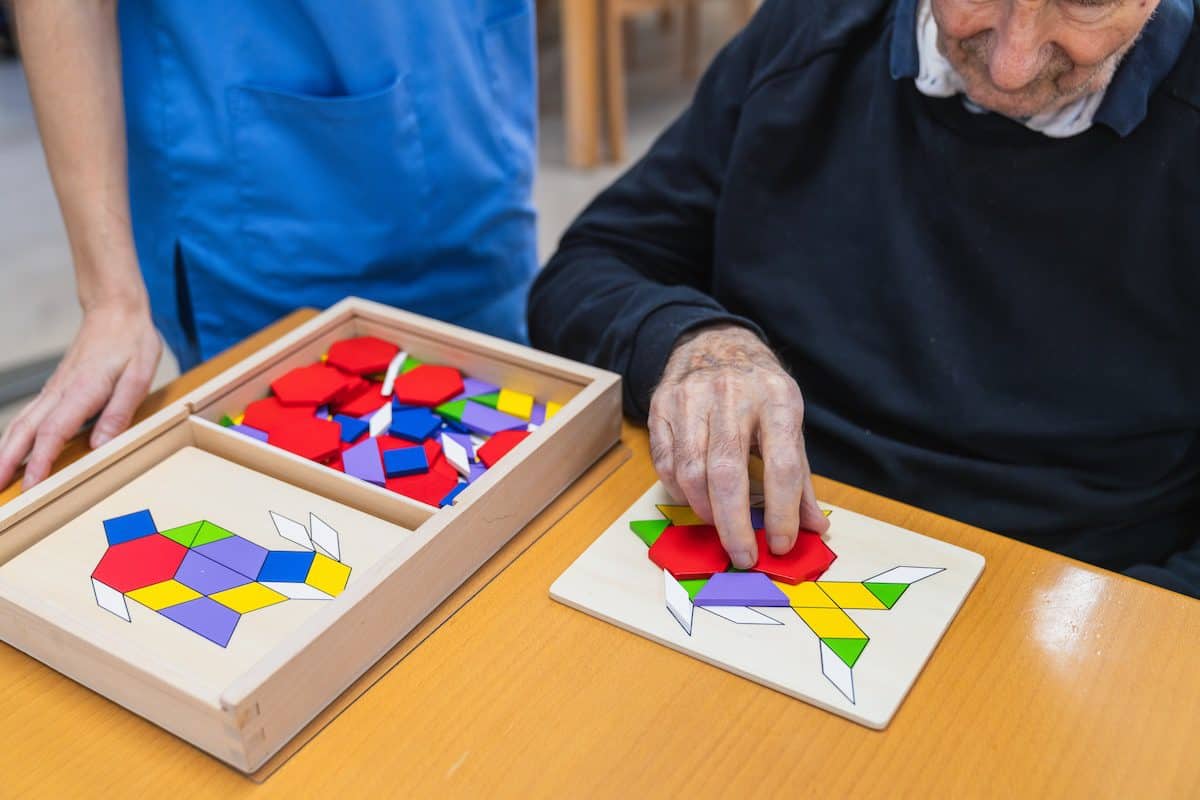As the years roll by and we journey through the various stages of life, one of the most valuable pursuits becomes finding inner peace. Aging is a natural and inevitable process, and it comes with its own set of challenges and changes. However, embracing these changes and cultivating a sense of peace within ourselves can lead to a fulfilling and contented life. In this blog, we will explore some essential strategies to help you navigate the journey of aging with grace and tranquility.
1. Embrace Change with an Open Mind:
Change is a constant companion on the path of aging. Physical appearance, cognitive abilities, and even life circumstances evolve over time. Embracing these changes with an open mind is a vital step towards finding peace. Instead of dwelling on what once was, focus on the present moment. Practicing mindfulness and meditation can be immensely helpful in this regard. These practices can teach you to be fully present, accept your thoughts and feelings without judgment, and cultivate gratitude for the here and now.
2. Cultivate Healthy Habits:

As you age, your body requires more care and attention. Nurturing your physical health through regular exercise, a balanced diet, and sufficient sleep is crucial. Engaging in activities that bring you joy and movement not only keeps you physically fit but also contributes to your emotional well-being. Remember that it’s never too late to adopt a healthy lifestyle – small, consistent changes can make a significant impact on your overall health and peace of mind.
3. Foster Social Connections:
Human beings are social creatures, and maintaining strong social connections is essential for our mental and emotional well-being. As you age, it’s easy to become isolated, especially if retirement or health issues limit your interactions. Make an effort to stay connected with family and friends, and consider joining clubs or groups that share your interests. Meaningful relationships provide a support system that can help you navigate the challenges of aging with companionship and understanding.
4. Practice Self-Compassion:
Growing older can sometimes bring about feelings of regret, insecurity, or self-criticism. It’s important to remember that you are not defined by your age or any perceived limitations. Practicing self-compassion involves treating yourself with the same kindness and understanding that you would offer to a friend. Be gentle with yourself, acknowledge your achievements, and be forgiving of your perceived shortcomings. This mindset shift can lead to a greater sense of peace and self-acceptance.
5. Pursue Lifelong Learning:
The quest for knowledge should never cease, regardless of age. Engaging in activities that challenge your mind – such as reading, taking up a new hobby, or learning a new skill – can keep your cognitive abilities sharp and boost your self-esteem. Lifelong learning not only keeps your brain active but also instills a sense of purpose and accomplishment, contributing to your overall peace of mind.
6. Let Go of Grudges and Regrets:
Carrying grudges or dwelling on past regrets can be a heavy burden on your emotional well-being. As you age, it becomes even more important to release these negative emotions. Forgiveness, both for others and for yourself, can bring a sense of liberation and peace. Holding onto these negative feelings only weighs you down, preventing you from fully enjoying the present and embracing the future.
7. Find Meaning and Purpose:
A life without purpose can lead to restlessness and discontentment. As you age, it’s an opportune time to reflect on your life’s journey and discover what truly brings you meaning. This could involve volunteering, mentoring, engaging in creative pursuits, or simply spending time with loved ones. Having a sense of purpose can infuse your life with a renewed sense of vitality and contentment.
8. Embrace Solitude and Stillness:
While maintaining social connections is important, so is embracing moments of solitude and stillness. Spending time alone allows for self-reflection, introspection, and the opportunity to recharge. Engaging in activities such as reading, journaling, or spending time in nature can help you connect with your inner self and cultivate a sense of inner peace.
9. Seek Professional Help When Needed:
Aging can sometimes bring about mental health challenges such as anxiety or depression. It’s important to recognize when you might need professional help and to seek it without hesitation. Therapists and counselors can provide valuable tools to cope with the emotional complexities that come with aging, helping you find the peace you deserve.
10. Practice Gratitude:
Gratitude is a powerful tool for finding peace at any stage of life. Cultivate a habit of acknowledging and appreciating the positive aspects of your life. This practice can shift your focus from what you lack to what you have, fostering contentment and tranquility. Consider keeping a gratitude journal or simply taking a moment each day to reflect on the things you’re thankful for.
Final Thoughts
In conclusion, aging is a journey that can be met with a sense of grace and tranquility. By embracing change, nurturing your physical and mental well-being, fostering social connections, and cultivating a positive mindset, you can navigate the challenges of aging while finding inner peace. Remember that each day is an opportunity to learn, grow, and find joy in the present moment. Embrace the wisdom that comes with age, and let it guide you towards a life filled with serenity and fulfillment.


